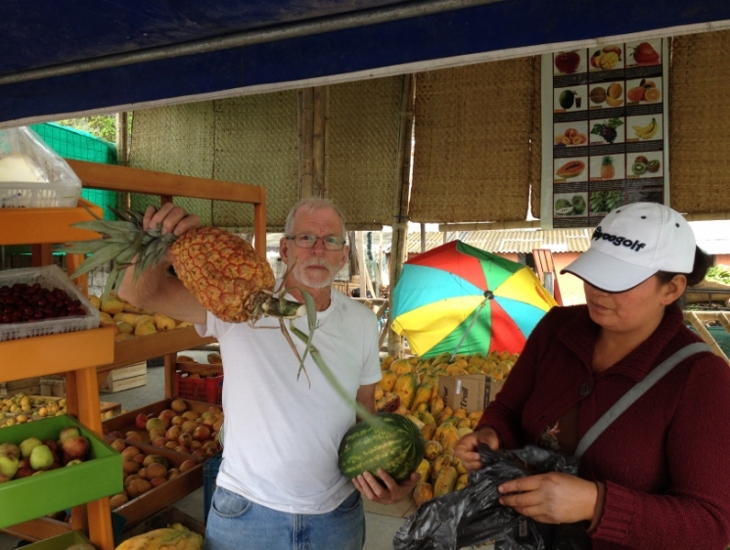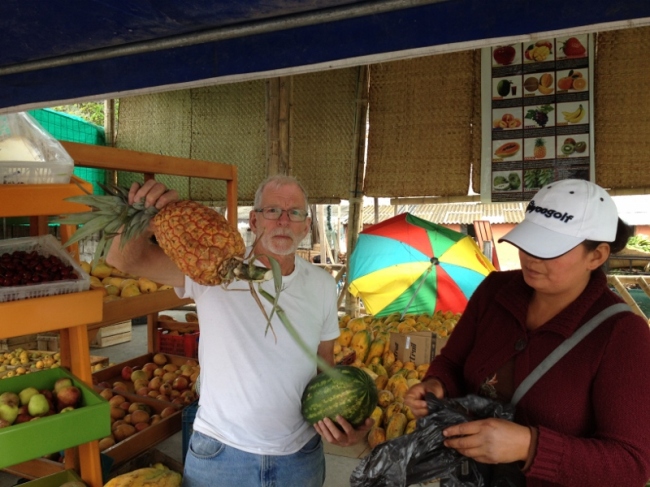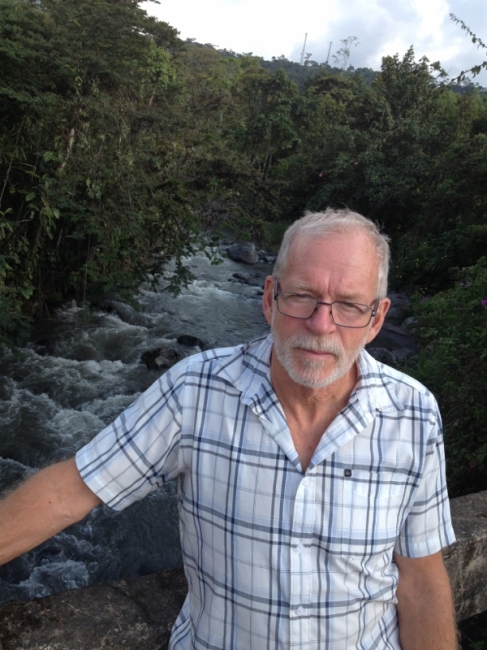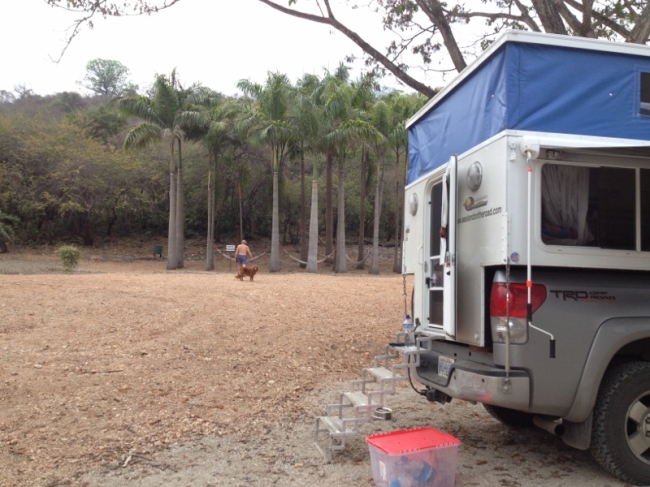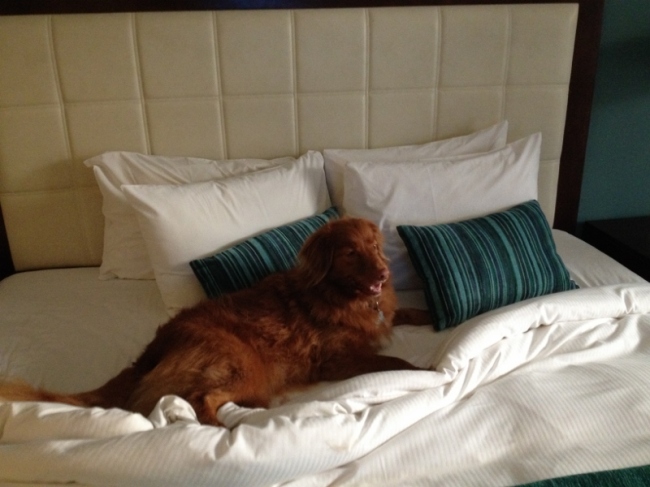Ecuador was a banana republic. The revenue from oil and oil reserves, cleverly managed by a bold government, has led to amazing changes in the last 20 years. The countryside is clean and the people are relaxed and happy. There is a social program in place that provides subsidies to the poor and grants to first time home buyers. Extensive road building is happening everywhere, with heavy equipment moving mountains of dirt.
Ecuador has given constitutional rights to Pachamama, Mother Earth. If those rights are abused, the transgressor can be sued. In one case, a river was partially blocked by a road building project. Adjacent land owners sued on behalf of Pachamama and won. The country is promoting tourism, taking advantage of the diversity and drama of the land.
When we first visited Ecuador in 1998, the economy was shaky and the population poor. We remember a beautiful country with a predominantly rural and impoverished society and dirt roads blocked by protesters. This time, our memories are of ladies dressed in traditional Andean garb standing in a pastel coloured ice cream shop in a mall, contemplating the flavours they could buy. We saw a woman watching her cows tethered by the highway while texting on her phone. The dangerous and fun train ride we took through the mountains is a thing of the past, as there now appears to be safety regulations. Billboards everywhere promote the potential of tourism.
The tourist routes are through the Amazon, through the Andes or along the beaches on the Pacific coast. We bypassed all three routes and chose to drive through the center of Ecuador. The heartland. Miles and miles of bananas, interspersed with sugar cane and fruit.
We visited the cloud forests, overnighting in Mindo at a small hotel that is known for its hummingbirds. The owner has set up feeders and along with the hummingbirds, he attracts bird watchers from all over the world. There appeared to be something happening at the town center, so we asked if there was a festival that evening. We were told that they were getting ready for the Christmas bird count. Mindo boasts something like 400 species of birds.
Near Ibarra, there is a campsite for overlanders called Finca Sommerwind, which is run by a German couple and is a comfortable place to relax. We spent two days there as we were both tired, still fighting the colds that we picked up in Panama. The Finca is on a quiet lake, but right next to a racetrack. We left before the weekend races started, passing dozens of Mini-Coopers all rigged up for action.
We spent one night camped in one of the last surviving examples of dry tropical forest. The Bosque Protector Cerro Blanco, a 6.5 hectare park, located just west of Guayaquil, is protected by a private foundation. We were the only people there so we took advantage of the hammocks in the palm trees.
We hadn’t planned to go into Guayaquil, but, since we were there, we went to the Toyota dealership to get the truck serviced and the camper’s electrical system checked. In typical South American fashion, the paperwork took hours. The service took about an hour, and they washed the truck, but they didn’t have the parts to rewire the camper.
The last night before crossing the border into Peru, we talked our way into a 5 star hotel, or rather, Capi charmed her way in, even though dogs are not usually welcome. While Nancy was at the reception desk pleading with 3 different managers, Capi was in the truck lapping up fruit drinks served in wine glasses by adoring staff. The managers finally relented and we were allowed to stay. A 5 star hotel in Ecuador is more like a 3.5 star hotel in BC, but no matter how many stars, we all enjoyed the hot water and all that space.

